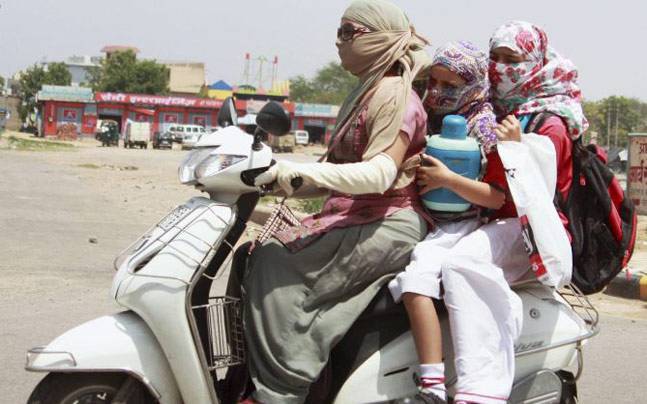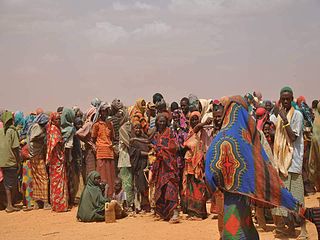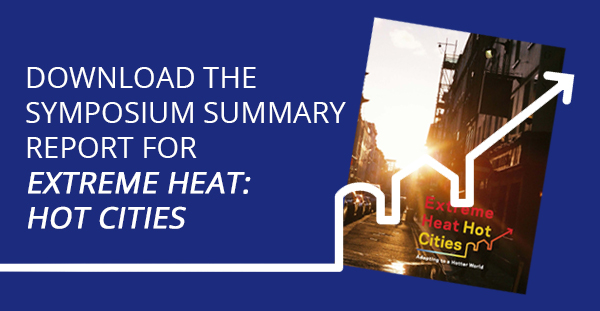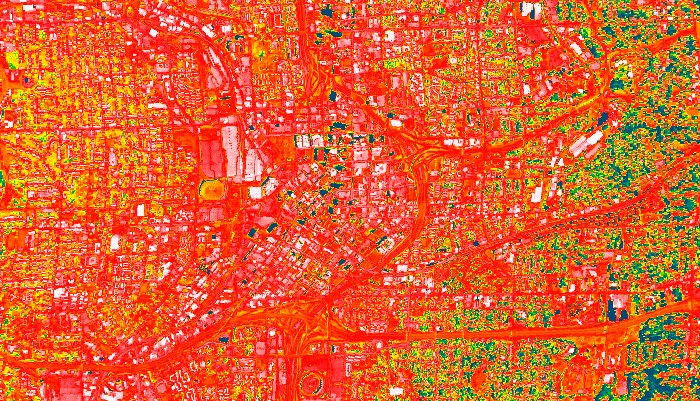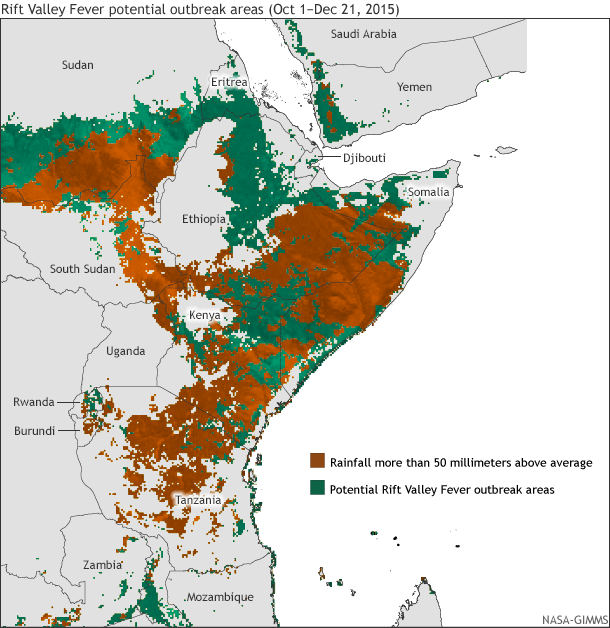No relief from soaring temperature: IMD predicts another bout of extreme heat wave
India was bracing on Monday for another bout of extreme heat after temperatures smashed records in some parts of the country, while weather officials warned against more frequent heat waves. Temperatures in parts of the western region breached 50 Celsius (122°F) last week, causing a spike in cases of people suffering dehydration and heatstroke, and triggering widespread power cuts as surging demand overwhelmed supply grids.
No relief from soaring temperature: IMD predicts another bout of extreme heat wave Read More »





